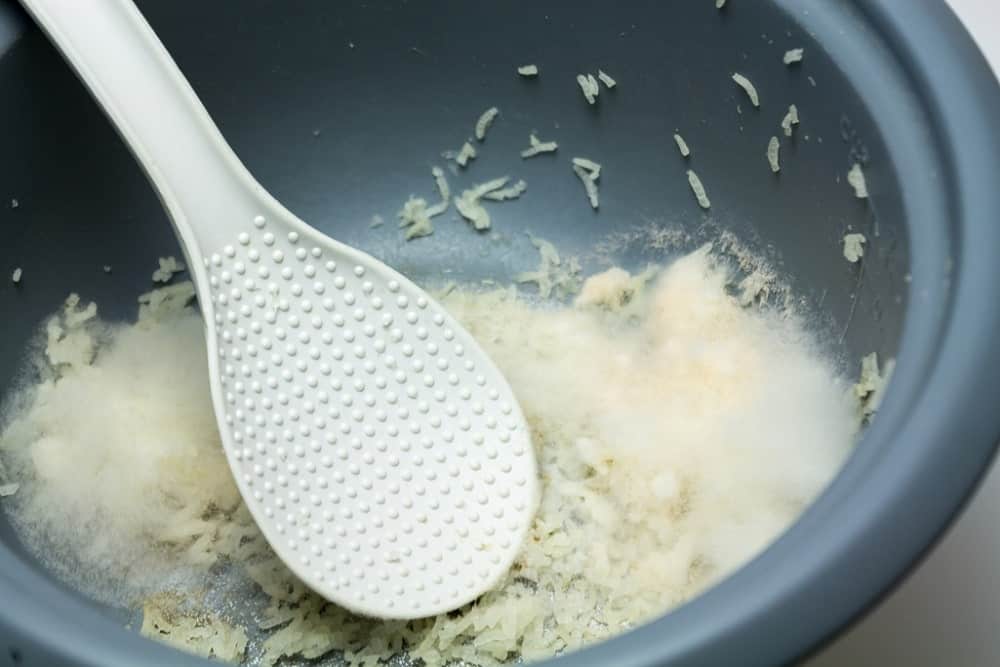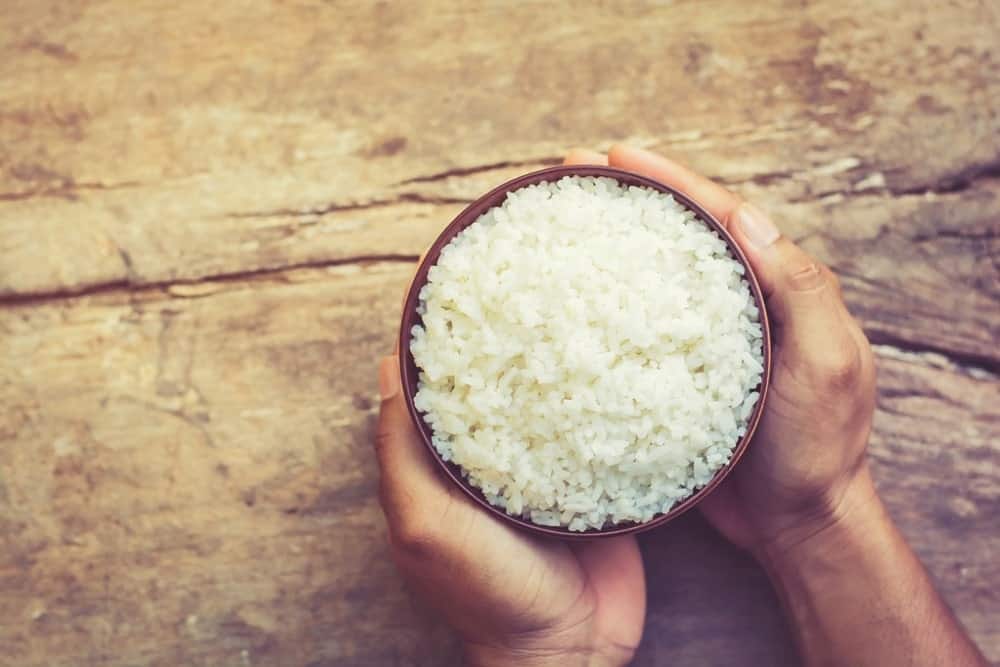Statistics say we consumed about 504.3 million metric tons of rice in the 2020-2021 crop year. And it just proves how rice is a staple food in our diet. Rice is a good source of carbohydrates that can give you energy.
However, sometimes, you cook more than what you can consume in a day. And now you’re wondering how to store it and maybe even ask the question, “Does rice need to be refrigerated”?
Do You Need to Refrigerate Rice
If you’re talking about uncooked rice, you do not have to store it in the fridge to keep its viability. But if it’s leftover rice or any cooked rice, it is mandatory to put it in the refrigerator or the freezer to avoid spoilage. But for how long?
How Long Does Cooked Rice Last in the Fridge
Your fridge is very useful in slowing down the growth and reproduction of microorganisms and enzymatic actions that cause food to root, thereby preserving your food. And freezing it will slow down decomposition, inhibiting bacterial growth.
Rice is one of the many foods we store in our fridge or freezer to maintain its viability. But your cooked white rice, wild rice, jasmine rice, basmati rice, and Arborio rice can only be in your refrigerator for 4 to 6 days, and your brown rice for 3-5 days. In your freezer, the formers can last up to 6 months before it starts to decline in quality and go bad, and brown rice up to 2 months.
How Long Can Cooked Rice Be Left Unrefrigerated

Cooked rice, which can cause food poisoning, should not be left at room temperature for more than 2 hours because bacteria can increase between 40 °F and 140 °F. Ideally, it would be best if you refrigerated your leftover rice within an hour after you cook and cool it, but some experts say it can last up to 2 hours.
How Long Does Uncooked Rice Last
Your uncooked rice can last up to an indefinite time, depending on how secure you store them. Rice is the perfect addition to your emergency haul as it does not spoil if stored properly. Some rice will last up to 2 years, provided there’s no moisture to contaminate it, and that it is placed in a cool, dry area.
How to Store Rice in the Fridge
Storing rice in the fridge does not mean you just unplug your rice cooker and put the pot in the fridge. No, that’s not how it should be. And if you’re doing that, here’s a step-by-step guide in refrigerating your leftover rice.
Step 1: Cool to Room Temperature
If your cooked rice is still fresh from the cooker, it’s best to let it sit and cool within 2 hours before putting it in the fridge. You can also use a baking sheet or tray and spread your rice thinly to cool it faster.
Step 2: Transfer to an Airtight Container or a Freezer Bag
If you intend to consume the rice the next day or the day after, putting it in a heavy-duty freezer bag will keep it fresh until then. However, if you mean to keep the cooked rice for months, storing it in a clean and dry airtight container, preferably with a wide mouth, is the best option. This increases the shelf-life and maintains the quality of your cooked rice for a much longer time.
Step 3: Just Take What You Need
When you decide to take out the rice you stored, especially in the freezer, make sure to take and reheat what you can consume. You can’t just thaw the whole thing, then take a portion and put it back. Your stored rice should remain frozen until such time that you will consume it. If you store your rice in the fridge, make sure to consume it within six days.
How to Tell If Rice Is Spoiled

Rice does not show clear signs of spoilage, especially in the early stages, which is why more people are prone to experience food poisoning. Here’s how you can tell that you should discard the rice you stored.
Look At It
How your rice looks can be one easy way to detect if it has gone bad or not. If you see any green, black or blue spots in your cooked rice, you need to discard it right away. These unusual spots are molds that can cause food poisoning.
Smell It
Typical rice usually has no odor unless you intentionally put some in. However, if your rice is spoiled, I’m sure you’ll know right away by the smell of it. If it develops an unpleasant rancid smell, throw it out. Please do not attempt to taste it.
Touch It
Imagine a newly cooked rice that is soft and moist, and when you put it in the fridge, you lose more and more that moisture as the day passes. If your rice becomes hard and dry, it is a clear sign to put it in the bin. However, if your rice is too slimy and gooey, it’s time to discard it as well.
Think About It
Another way to detect if it’s time to throw out your stored rice is to try and remember two things. One, if you’ve reheated it more than once, and two, if you’ve left it at room temperature for more than 2 hours.
Reheating your stored rice more than once will stimulate bacterial growth due to the constant temperature change. And if you’ve left it at room temperature for longer than 2 hours, chances are bacteria have already multiplied and contaminated your food; if these are the case, better not consume your stored rice to be on the safer side.
Minimize the Risk of Sickness From Cooked Rice

When you consume cooked rice that has gone stale, you may experience symptoms of food poisoning such as abdominal pain, nausea, vomiting, and even diarrhea. Observing proper storage and handling of the cooked rice will minimize this risk. Just cook what you need and when you’re done with your food, make sure to place it in a clean and dry jar or container before storing it in the fridge to lengthen its shelf life.
Frequently Asked Questions
Is it safe to eat cooked rice you left out overnight?
No, definitely not. As mentioned, cooked rice should only be left out for 2 hours. When you consume rice left out for much more extended periods, you put yourself at risk of food poisoning.
What happens if you eat bad rice?
Bacillus cereus is the bacteria responsible for food poisoning, and it is the same bacteria present in rice. And when your rice goes bad, chances are microorganisms, including Bacillus cereus, have multiplied and contaminated your rice. Which means your likelihood to get food poisoning also increases.
Conclusion
Rice is one of the most straightforward food sources to prepare. But it needs strict protocols when it comes to storage. Properly storing your rice in your fridge will help save you time from cooking again and money from wasting such precious grain.

